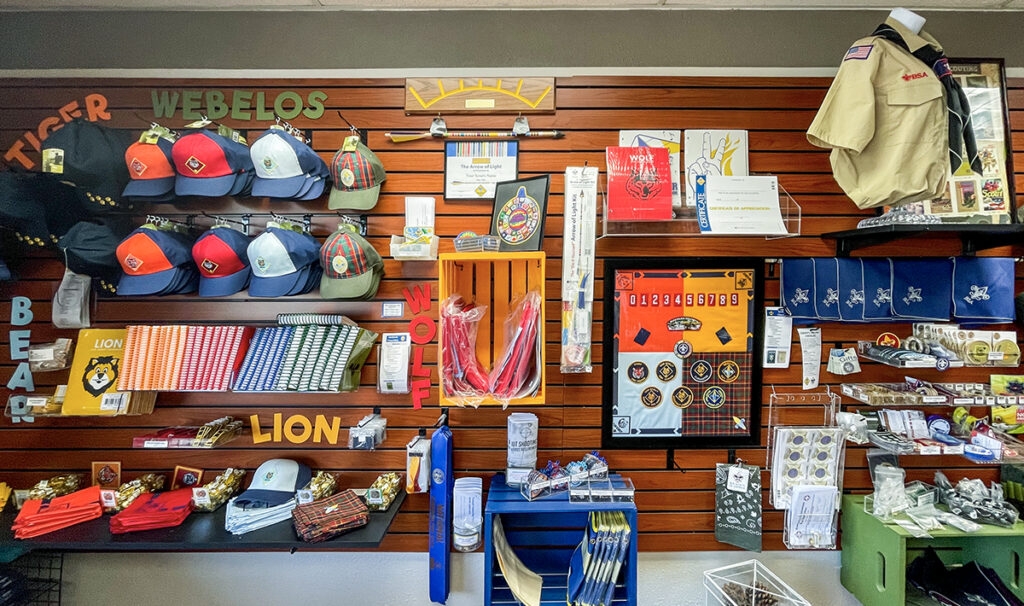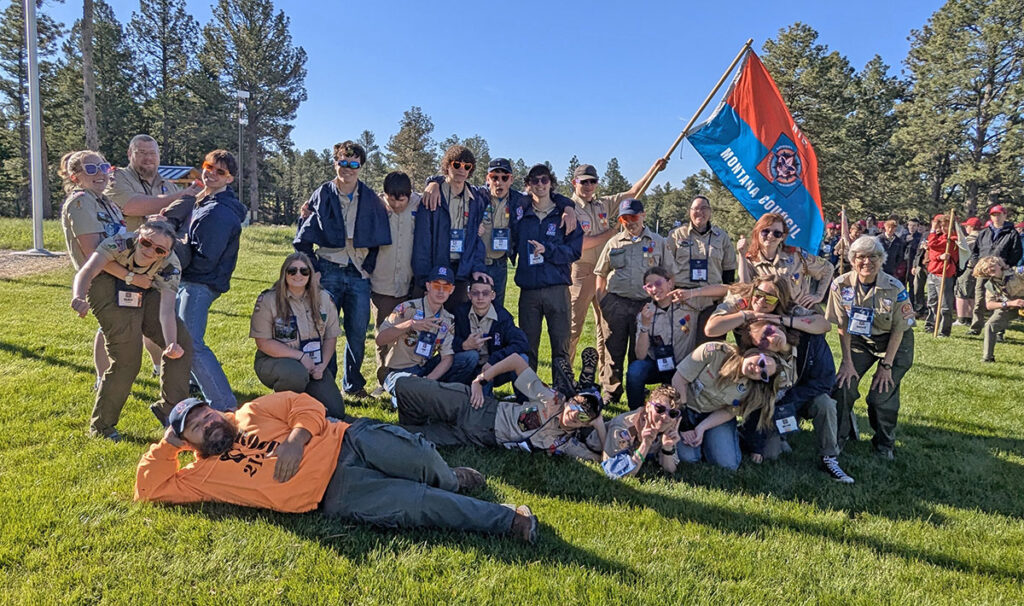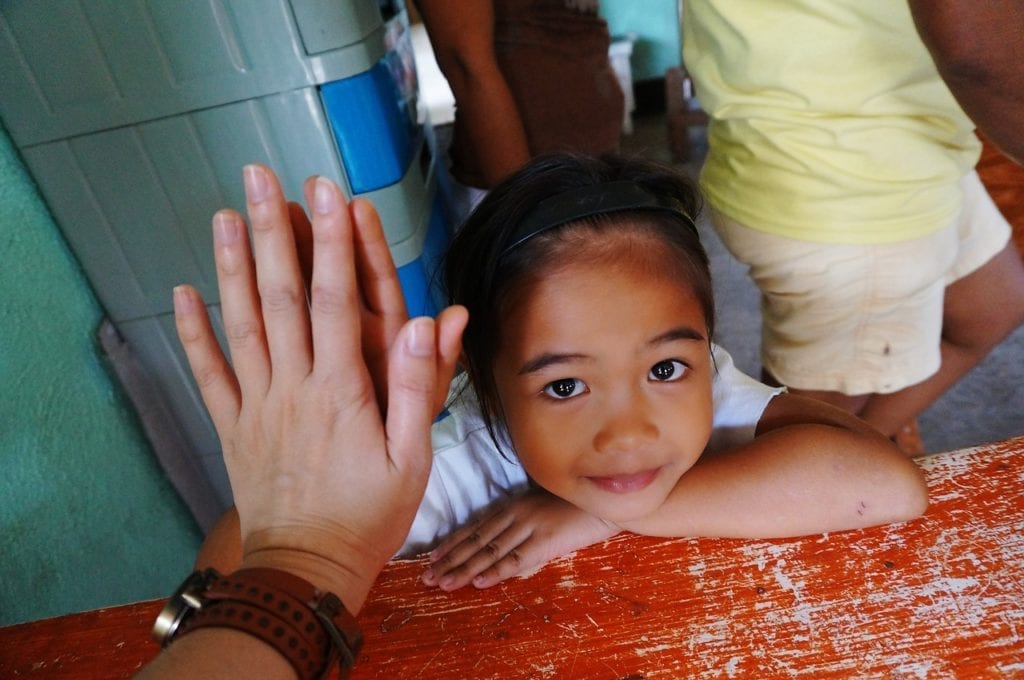
Life is busy. And a packed and busy schedule often means that certain activities — usually those that don’t directly affect our quality of life — must take a spot on the back burner. Unfortunately, community service is one of those activities for many.
It seems ironic that we’re writing to explain the benefits of community service — it is, after all, supposed to be a selfless act, and should be appealing simply based off the inherent instinct to do the right thing. Many kids, however, are still in the process of developing such instincts, and the activities they participate in during childhood can greatly affect their development. Community service comes in many forms, but no matter the application, it teaches kids the value of service to others. If that’s not quite enough information to convince you, here are some other reasons why volunteering is important as a child:
1. It encourages empathy and compassion.
Kids’ world views are limited, especially if they grow up seeing only a single way of life. Whether it’s the less fortunate or other volunteers, community service grants the opportunity to work with people from all walks of life and humanizes individuals who kids otherwise wouldn’t have gotten to know.
A lot of times, these skills are almost impossible to teach on a moment-to-moment basis, and must be learned through hands-on experience with others.
2. Volunteering is an opportunity to bond with family, friends and other community members.
If you want to teach your kids something, teach by example. Especially for younger children who still need support in new environments, it’s important for kids to see that their parents not only approve of what they’re doing, but are doing it themselves, too. Plus, family time is always beneficial to children — studies show that kids that value time spent with their family are the happiest.
Another study, conducted by DoSomething.org, revealed that the main determining factor in youth volunteer work was if they had friends who also volunteer. Turns out, it’s crucial to establish a community of friends and family who all share an interest in volunteering.
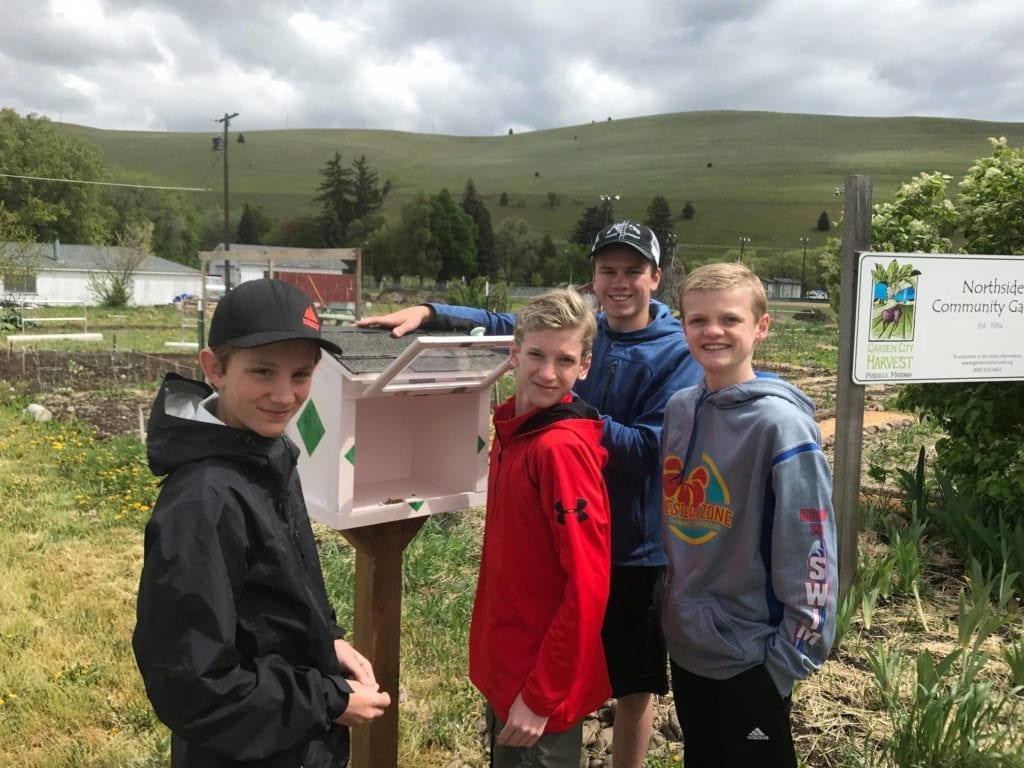
3. Volunteering shows kids that they can make a difference.
Community service can often produce visible results: a smile on a stranger’s face, a food basket out for delivery, or even a purring shelter kitty can register with children as positive outcomes of a job well done. Not only that, but because most volunteers in the world are adults, community service gives kids the chance to work with people older than them, legitimizing their voice as individuals.
4. Volunteering prepares kids for college.
According to research done at Tufts University, kids who volunteer are more successful in school and more likely to graduate from both high school and college. Kids often learn to plan and manage their own time while volunteering, and become accustomed to interacting with those from different backgrounds — soft skills that play a crucial role in not just higher education, but life in general.
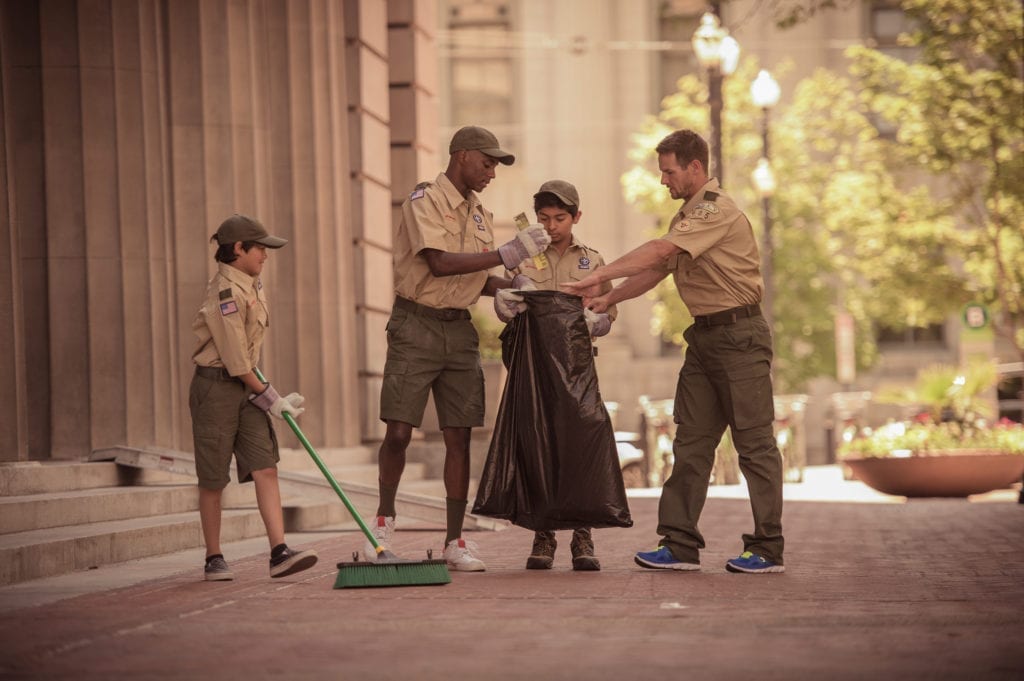
How to Get Your Child Involved
It’s easiest to get involved with an organized institution, such as a church, school, or union. The organizations vary in size, from international organizations like UNICEF to those on a national level like Habitat for Humanity to single-location entities like your local food bank. Consider both your child’s and your own interests — there are so many ways you can get involved, and it can help engage children early if you choose an activity they find interesting.
Skills like compassion or empathy don’t just develop after one visit to your local animal shelter, however. According to Psychology Today, the value of volunteering is an understanding that grows and evolves in children starting in kindergarten and continuing throughout high school.
Clubs Mean Regular Service … with Friends
Joining a club with community service as part of its curriculum, like Scouts BSA, is one of the best ways to ensure your child is consistently encouraged to give back. It allows children to volunteer with peers regularly, but also encourages parents and community members to volunteer alongside them as Scout Leaders. Scouting teaches the community that giving back is more than just an obligation — it’s an activity in which the benefits work both ways.
Fill out the form below to receive more information about joining Scouts!



